Myers Briggs Characters
ENFJ Characters
Protagonist
Charismatic and inspiring leaders, able to mesmerize their listeners.
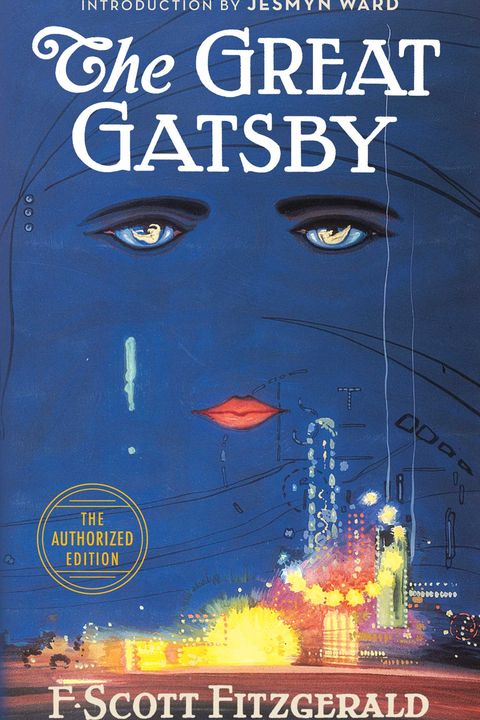
Jay Gatsby
from The Great Gatsby
While in the novel by F. Scott Fitzgerald Jay Gatsby is a bit more mysterious and aloof, the 2013 film version of the character paints a picture of a man who is a bit more outgoing and people-oriented. If you were to look up the word "charming" in the dictionary, the name "Jay Gatsby" would be likely to show up right next to it. Jay is smooth, charismatic, and he leads by romance. It's a total ENFJ move to throw a bunch of parties all with the hopes that the love of your life will one day attend. It was alll part of the plan. Classic ENFJ mentality.
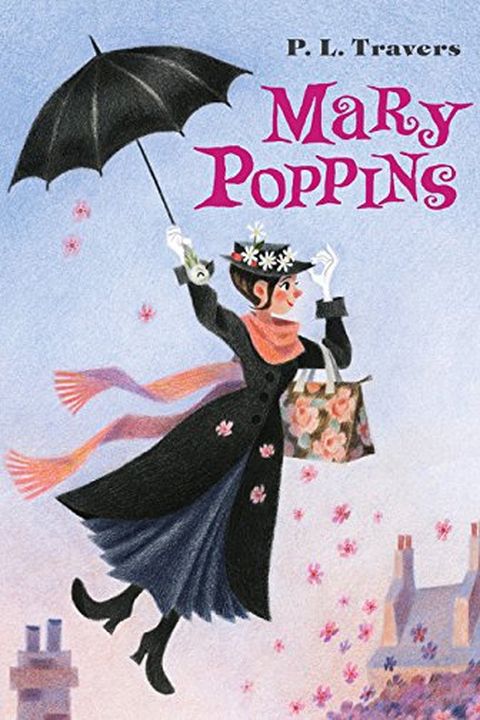
Mary Poppins
from Mary Poppins
Mary Poppins uses a rational social vocabulary as judgement and communication with others. She sees the importance of social roles and about living up to those roles and social expectations for those who care about and rely on you. Mary Poppins is truly one who understands human relationships. She is never afraid to tell the children what they shouldn’t and shouldn’t be doing. It isn’t to an unhealthy point, however. She is pragmatic, organized, and one who takes her responsibilities seriously. Her job and the protection of the children comes before fun and exploration. The children are in her charge and she won’t let anything happen to them.

Sansa Stark
Sansa’s personality is shaped largely by the customs, morals, and standards upheld in Westerosi society, particularly in the South, as taught to her by her Septa, under the guidance of her mother. She is immensely skilled at the courtesies followed in court, and Septa Mordane’s instruction to her, “Courtesy is a lady’s armour”, becomes her mantra, something she comes to depend on for guarding herself in the face of extreme pressure. Sansa is extremely idealistic. She follows an inner model of exactly how the world should function, which is shaped by romances and songs of chivalry and honour. Sansa does not feel confident with critical thinking. She is prone to low self-esteem, which intensifies with the physical and emotional abuse she suffers at King’s Landing. She expects people to conform to her internal view on how they should behave, and is disappointed and frustrated when they do not do so.

Oliver
from Call Me by Your Name
Oliver from Call Me By Your Name is an ENFJ through and through. Charming, witty, and a bit of a flirt, he is able to captivate the entire city of Crema to the point where the whole town admires and adores him. Despite the fact that he has yet to come out of the closet, he is still assertive when it comes to his flirtations with Elio and he is strategic in his methods to gain his attraction. Since ENFJs are so good with people, they will strike up a conversation with literally anyone they come across and talk to them as if they've known these strangers for decades. Oliver does this throughout the book, and Elio can't help but admire the fact that he is able to so effortlessly charm the socks off of everyone around him. Classic ENFJ.
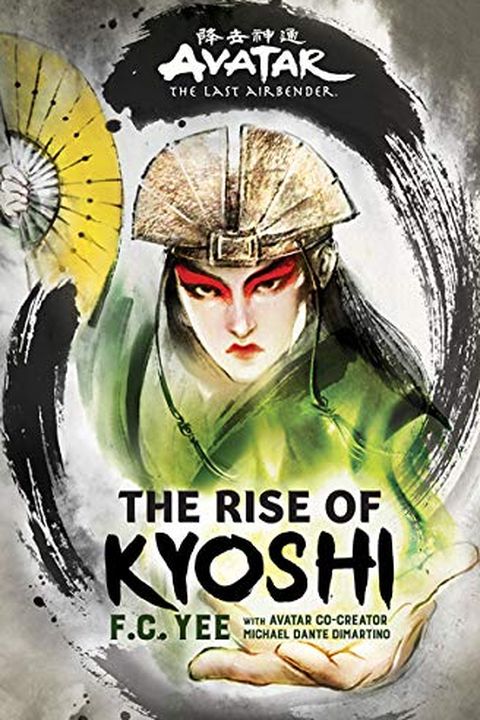
Katara
Katara doesn’t deal in the tangible. Like other ENFJs she is more psychologically driven. She tried to understand others and their own journeys. It is why she immediately follows and helps Aang. She wants to teach to help and understand him. She does this with everyone she takes under her wing. She wants to talk, discuss, and understand the people around her. This is secondary Ni. Her Ni makes her also want to improve on the Fe systems she sees in place. It is why she is constantly going around criticizing how others go about things, especially if people are being mistreated. When Katara is effected by an injustice in a social system, her Ni is drawn to improve upon it. It is why when there is a Katara centric episode the place they are at is never left the same after Katara has had something to say about it.

Elisabeth Bennett
from Pride and Prejudice
Lizzie is a tease, and she knows how to joke without being offensive. She teases so often that she even has a tough time being serious when her sister wants a serious answer from her. She always states her feelings expressly, but does so in a disguised joking manner so that others can’t tell her true feelings. Lizzie is a romantic and would never marry for money. She is easily insulted, and openly shares her prejudice with others. Though Lizzie considers herself an excellent judge of other’s character, her opinions of others are often based off of false impressions and born out of her emotions. She stubbornly refuses to change her opinions, and as a result, it takes her a long time to see what people are truly like. Lizzie has a difficult time differentiating between truth and her own prejudices. She does not stop to consider other people’s perspectives until she realizes her own faults, and this often takes a long time, because she typically sees herself in a very positive light. In general, she has trouble accepting other people’s criticisms about herself and the people she loves

Peeta Mellark
from The Hunger Games
Peeta Mellark is most definitely a member of the protagonist personality type. This is evident by his dedication towards Katniss where he is able to lift her up and help the woman of his dreams see her worth even in the midst of her greatest hurdles. Peeta will gladly die for Katness and he is willing to risk everything in order to ensure her protection. Despite the fact that ENFJs have flirtatious tendencies, when it comes to their true love, they only have one. Peeta remains dedicated and loyal towards Katniss until the very end and his commitment to her is ultimately what helps her face all the turmoil she is exposed to during the Hunger Games.

Duke Leto Atreides
from Dune
Leto is blessed with charisma, and is very popular among the noble families of the empire – so much so that even the emperor himself is afraid of his influence. Even though he realizes the necessity of waging war against the Harkonnens, he hates actually doing it, because it requires the killing of people who just happen to be in the way. Leto is someone who cares very much about others: not only his family, but also lowly people he doesn’t know, and the lengths he goes to in order to help people out can win over even those who expected the worst of him. Even though Leto is a compassionate and caring person, his ruthless side reveals itself whenever anyone threatens his family. Leto can take quick action to save people when he needs to, and he will often know the best thing to do instantly.
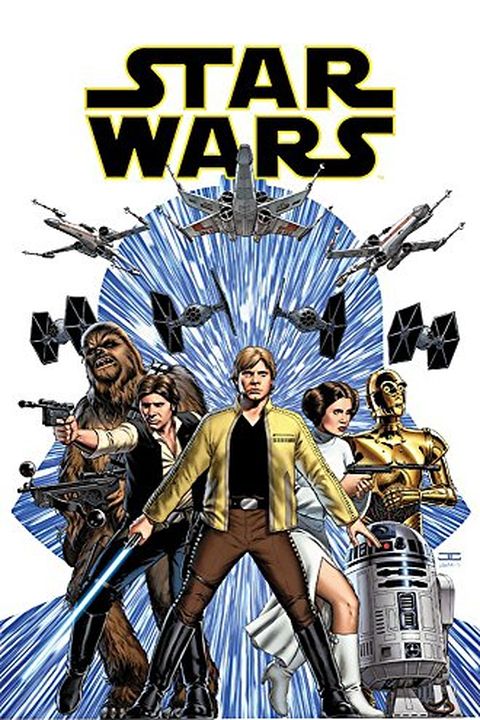
Count Dooku
from Star Wars, Vol. 1
Count Dooku cares for societal rules and decorum. He cares about status and believes in social order. It isn’t the logic of the system, but the social aspect that is attractive to him. He is a diplomat first, specializing in Mikashi form. He has a tilt towards the charismatic. He uses his ability with words to disarm his opponents. He doesn’t go for the strike right away, but dances with words with whoever he is fighting with. He bides his time rather than act. He often has issues with the order and the republic because of his ability to analyze societal systems and he sees the flaws in how the republic does not have everyone’s interests at heart. He doesn’t like the coldness that comes with some of the laws imposed by the council. It is the emotions and his connection to people that lead him to the dark side. It is the inferior Ti that gets him every time. He struggles to be skeptical of himself and his actions. There is some hypocrisy to his ideals and his actions across the galaxy that he chooses to deflect and say are a problem with society and not himself.
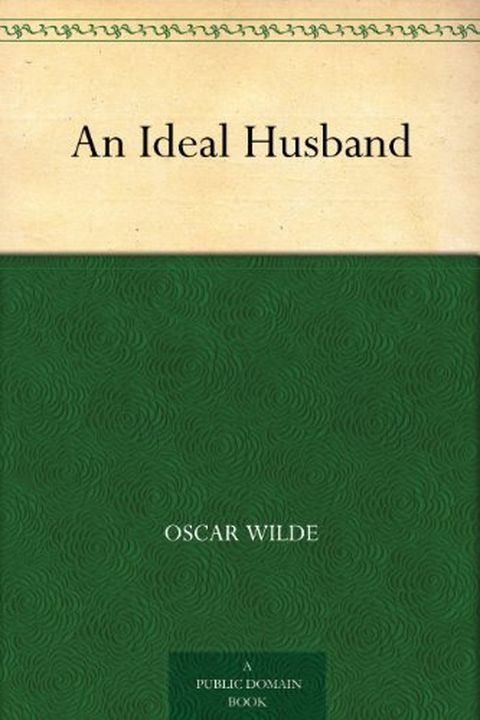
Sir Robert Chiltern
from An Ideal Husband
Sir Robert is an exceptional communicator, and adapts his behavior to circumstance. He knows how to figure out what he wants and changes his language and behavior to fit the needs of others. He exaggerates his flattery when he has to and tones it down when others don’t need it. He’s not very stubborn, and easily agrees to change his position on arguments when coerced. Sir Robert can visualize what he wants in a situation and figure out the quickest way to get what he wants. His schemes are elaborate, yet he’s able to keep them a secret from everyone for years. Sir Robert is very intelligent, and he separates his feelings from his intellect, but doesn’t necessarily switch between the two of his own free will. On the one hand, he’s set on living up to his wife’s image of him, and on the other, he’s trying to uphold his underground schemes and gain power and wealth. Sir Robert uses insider information as a tool to get what he wants. He’s willing to do things that he believes are wrong purely for the benefit to himself and his wife.